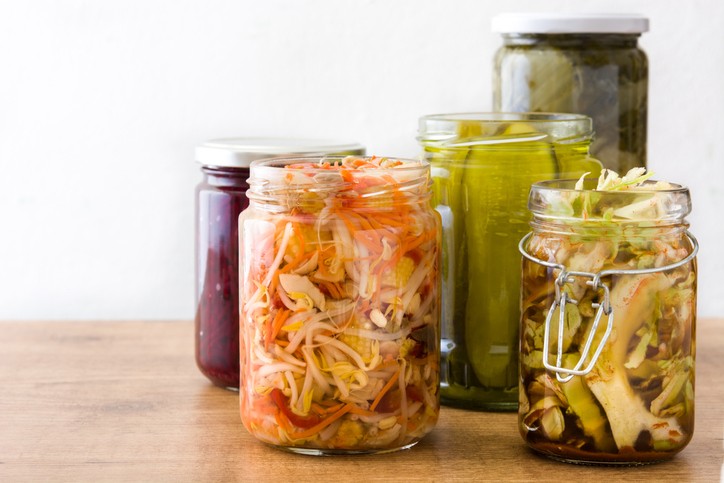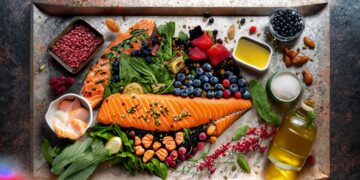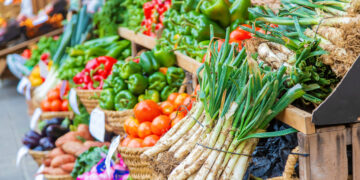Reset your eating habits or an anti-inflammatory Diet
“Inflammation is definitely a buzzword,” explains Cara Kasdorf, a registered dietitian specializing in sports nutrition and the co-owner of Blueprint Nutrition in Waterloo, Ontario. “There are so many contributing factors: genetics, lifestyle, stress, sleep, activity level, and age.” A challenging strength training session and logging extended mileage on your run or your monthly cycle are all reasons you might experience inflammation.

That said, the good news is there are certain foods that have been found to help reduce inflammation, and you don’t need to count calories or macros to reap the benefits. “We do know that the digestive system as a whole can have a big impact on inflammation levels in the body,” Kasdorf notes.
Here’s what you need to know about incorporating anti-inflammatory foods into your daily meal rotation.
The Power of Greens
Bok choy, kale, collard greens. When it comes to keeping your hormones in check – a key factor in reducing inflammation – these leafy greens are where it’s at. Nicole Marchand, a Halifax-based registered dietitian, recommends these garden varieties for their nutritional impact.
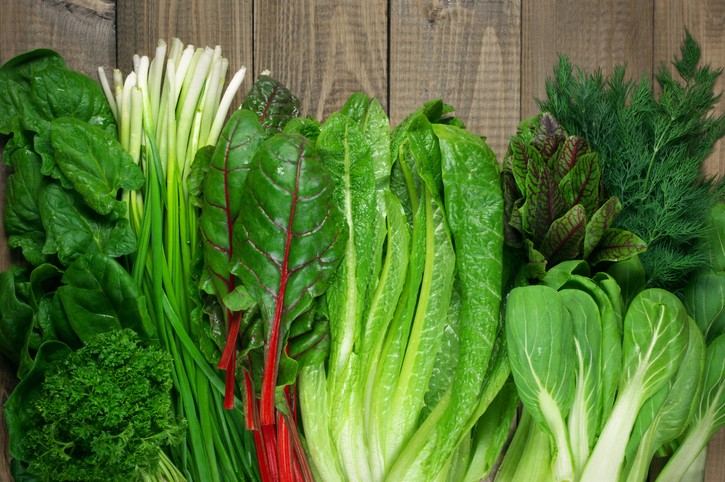 “Vitamin K and A are very powerful antioxidants,” says Marchand. “Kale has sulphur compounds which also help detoxify and improve liver functioning.”
“Vitamin K and A are very powerful antioxidants,” says Marchand. “Kale has sulphur compounds which also help detoxify and improve liver functioning.”
Along with the antioxidating benefits of these dark leafy greens, Marchand says their flavour also has anti-inflammatory value. “The bitterness of foods like collard greens and kale triggers the brain’s realization that we’re eating,” explains Marchand.
PREP TIME: When it comes to preparing these vegetables, she suggests adding lemon juice or vinegar to your kale salad and sauteed collard greens to a wrap or omelette. Cooking these vegetables makes them easier to digest.
Fruity Fresh
“In terms of digestion, the fructose in whole fruit will absorb at the same rate as glucose,” explains Kasdorf. In short, the sugars in fruit don’t have the same effect on your body as the sugars in processed foods. When it comes to choosing fruits that help reduce inflammation and promote digestion, kiwi, mango and watermelon are all great options.
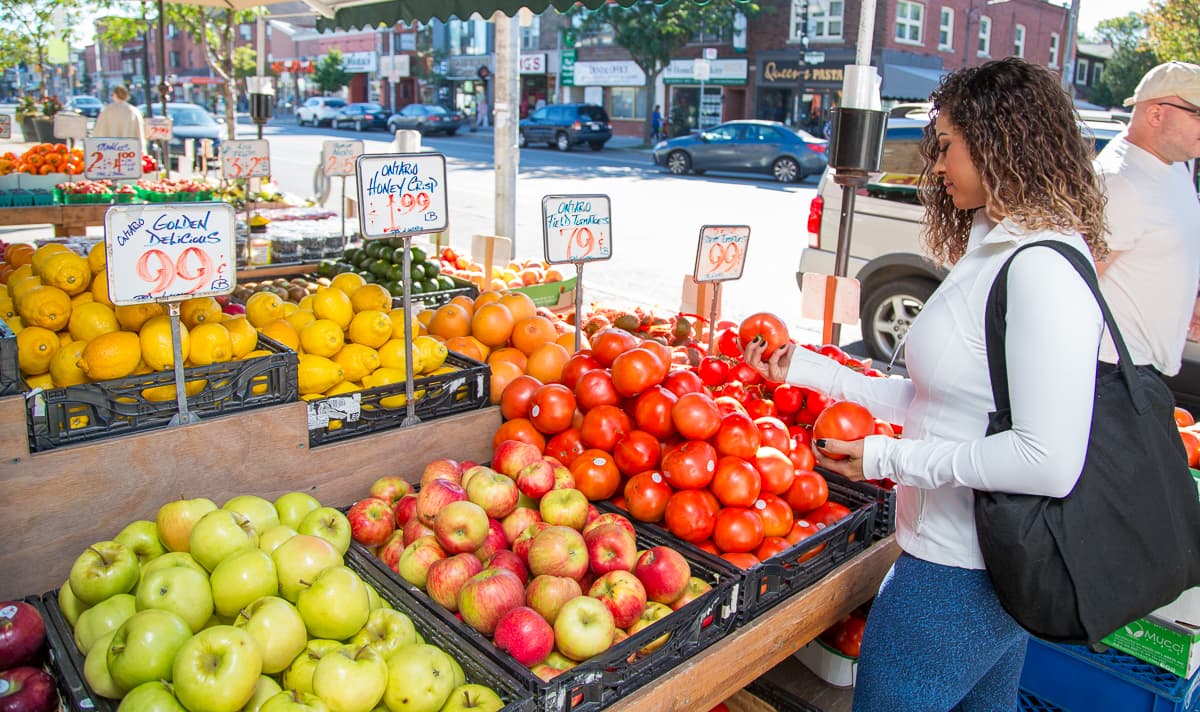
A review of studies in the British Journal of Nutrition has shown that polyphenols, found in deeply coloured fruits including cherries, red grapes and plums, have also been linked to a reduction in overall inflammation. What does a fruit’s colour have to do with anything? “Different bacteria eat different colours,” says Marchand. “You’re feeding the bacteria in your gut when you’re eating a variety, which has a direct impact on your health.”
PREP TIME: Whether you add strawberries to your spinach salad or cherries to your smoothie, you’ll be reaping anti-inflammatory benefits, boosting your body’s immunity and even reducing joint pain.
Pick Your Protein
Protein has often been associated with promoting anti-inflammation. If you’re choosing animal-based options, Marchand is a big proponent of avoiding extra-lean protein sources in favour of ones with a little fat. “This is especially important as we age into our forties and fifties because fat not only balances our hormones, it helps promote joint health and brain functioning,” she explains.
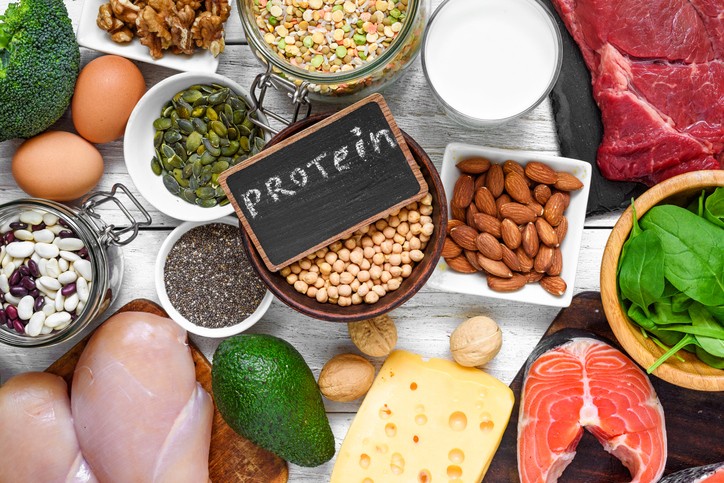 According to Marchand, it’s processed protein sources like sausage and luncheon meats that contribute to inflammation. Chicken and omega-3-rich fish, including salmon and trout, are great options that work in your favour.
According to Marchand, it’s processed protein sources like sausage and luncheon meats that contribute to inflammation. Chicken and omega-3-rich fish, including salmon and trout, are great options that work in your favour.
In a recent study published in Current Developments in Nutrition, plant-based protein has been shown to help reduce chronic inflammation. More specifically, those who replaced animal protein with the plant variety showed an overall improvement in inflammation.
PREP TIME: You don’t need to convert to an entirely plant-based diet to reap the benefits. Swapping chicken for chickpeas, tofu or lentils in a couple of meals every week may go a long way.
Go with Your Gut
Recent studies have shown that fermented foods such as sauerkraut, kimchi and kefir can help improve the levels of healthy bacteria in the digestive tract. “Fermented foods provide varying levels of healthy bacterial strains that can help promote healthy bacteria in the gut,” explains Kasdorf.
While there’s not a definitive number of servings required to reap the full benefits of these cultured foods, Kasdorf believes that having them two or three times a week can be beneficial. When it comes to dairy, most of the products found in your local grocer’s dairy aisle are pasteurized. The key is to look for options like kefir, which contains healthy levels of bacteria. This bacteria not only aids in digestion but has also been linked to lower cholesterol and has been found to contribute to bone health.
PREP TIME: Try switching to kefir in your breakfast smoothie bowl, or top up your salad or stir fry with a tangy addition of kimchi.
Bottoms Up
 “Not drinking water slows your digestion,” explains Marchand. She recommends incorporating a digestive aid into your regimen or adding lemon or ginger to your water as a great way to aid digestion and reduce bloating. “Drink lemon with water to boost your digestion in the morning, and at 3 p.m. a peppermint tea will help you feel revitalized,” says Marchand.
“Not drinking water slows your digestion,” explains Marchand. She recommends incorporating a digestive aid into your regimen or adding lemon or ginger to your water as a great way to aid digestion and reduce bloating. “Drink lemon with water to boost your digestion in the morning, and at 3 p.m. a peppermint tea will help you feel revitalized,” says Marchand.
The bottom line: an anti-inflammatory diet isn’t about cutting carbs, calories or snacks. “We need to maximize nutrient intake as we get older and eat a variety of foods,” says Marchand. It’s all about having a rich variety of brightly coloured, flavourful whole foods (fresh or frozen) to help keep you satisfied and your body in balance.


